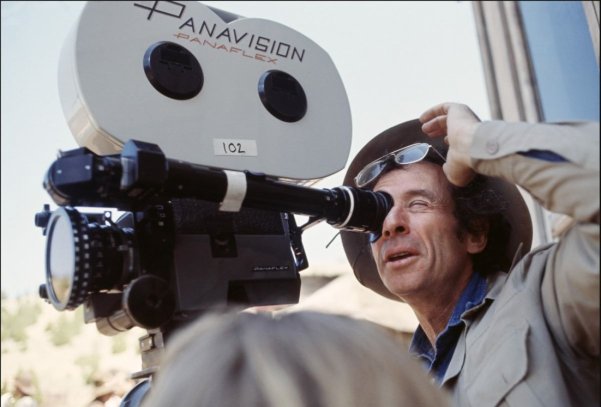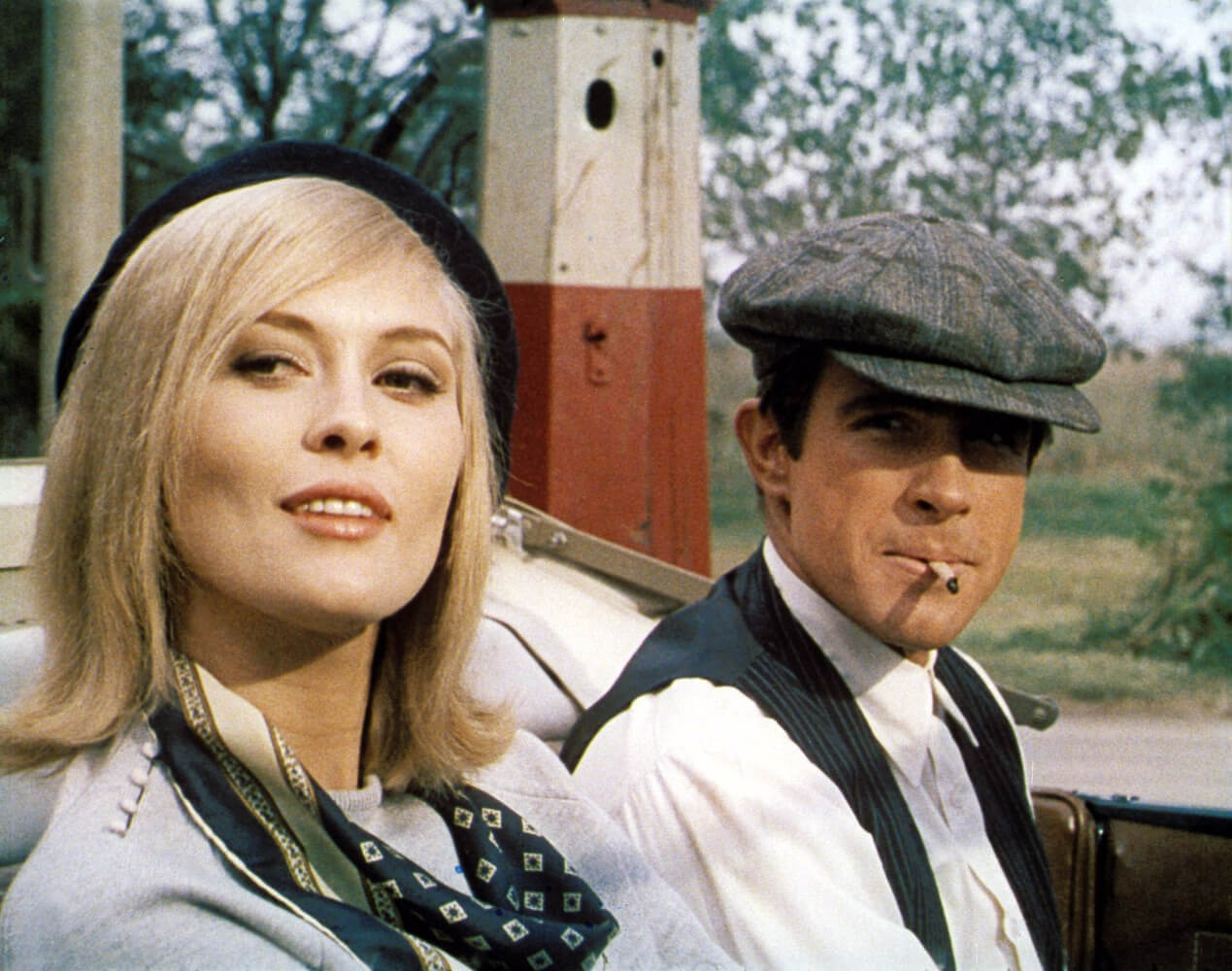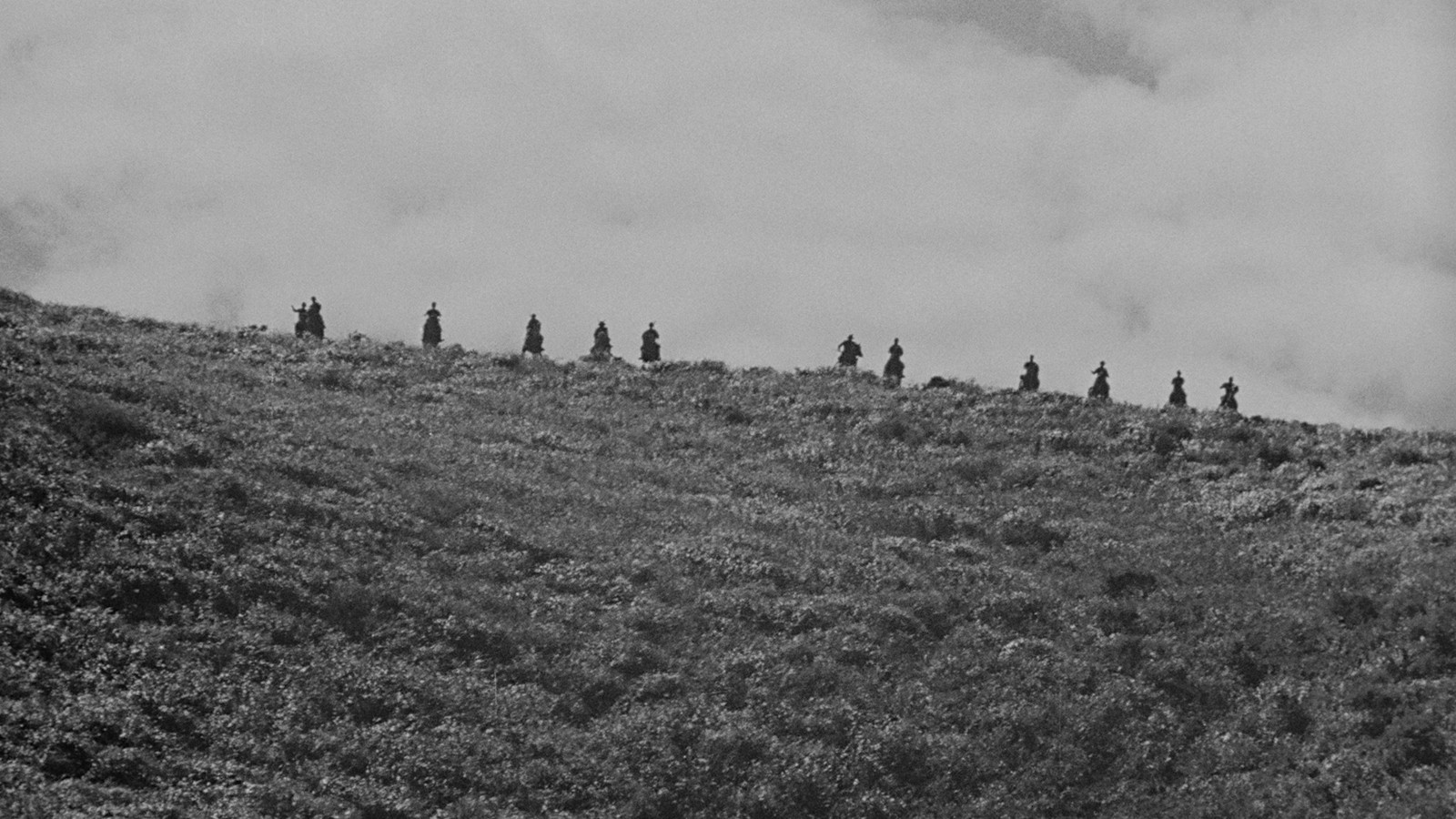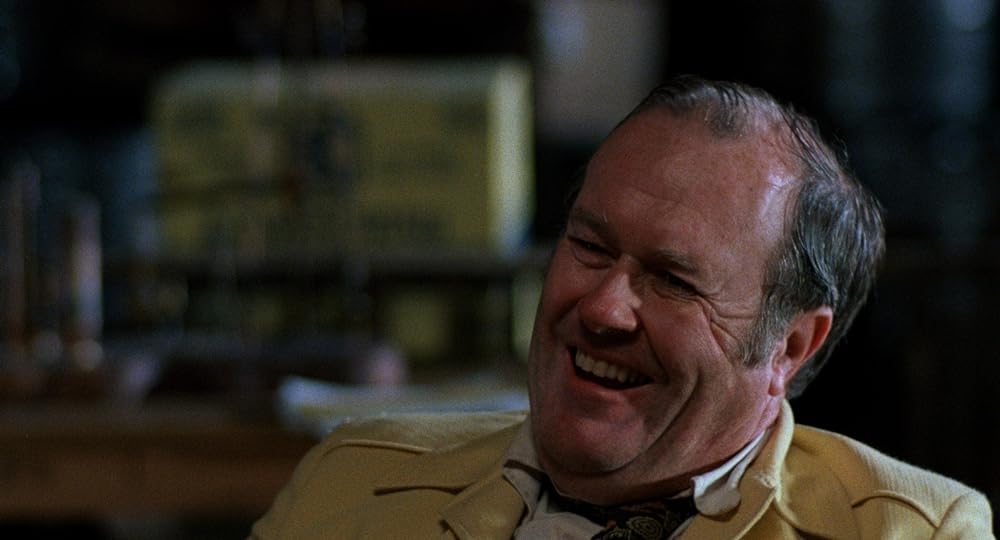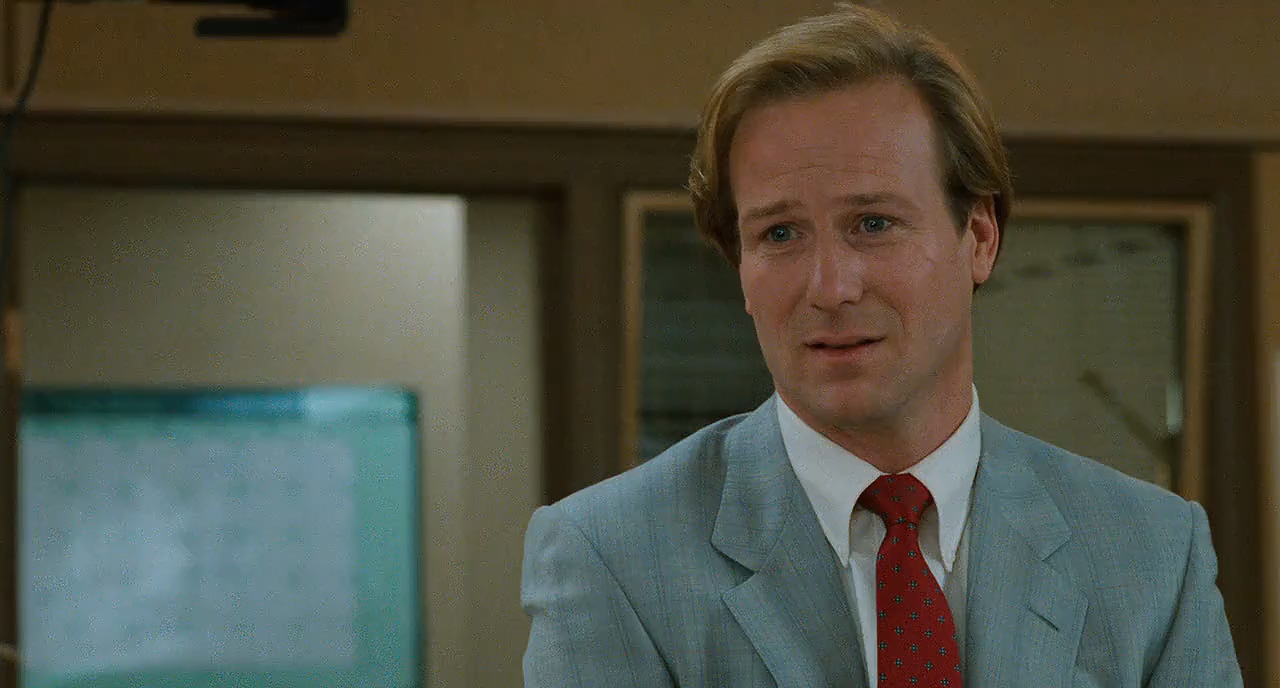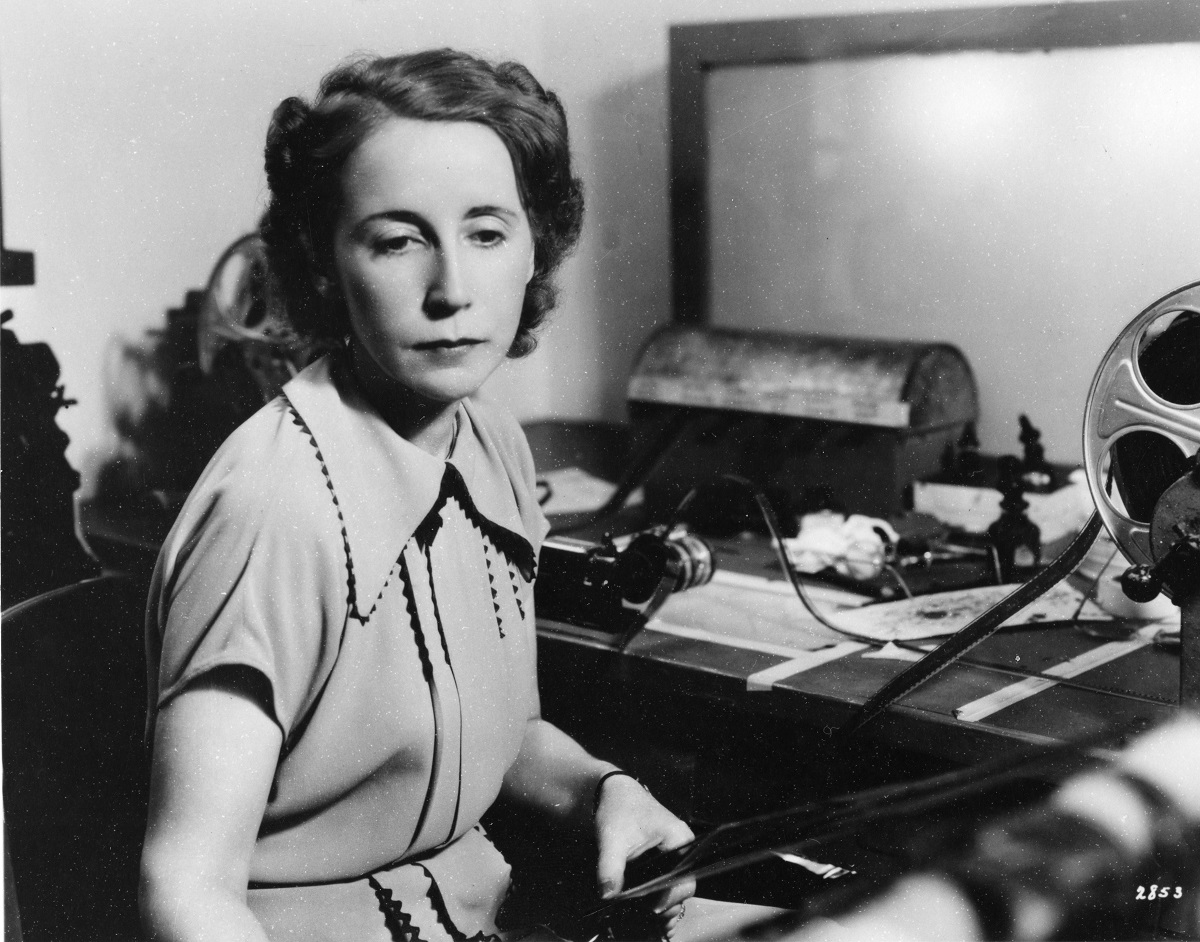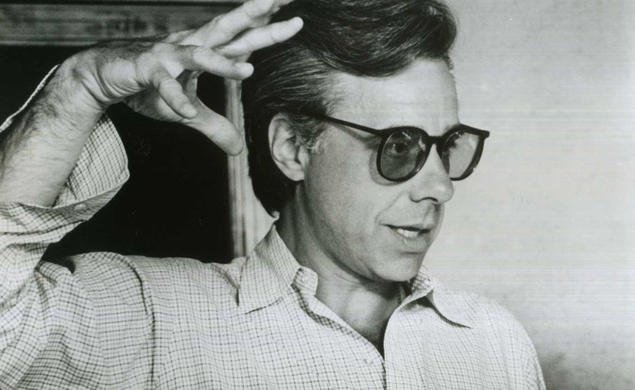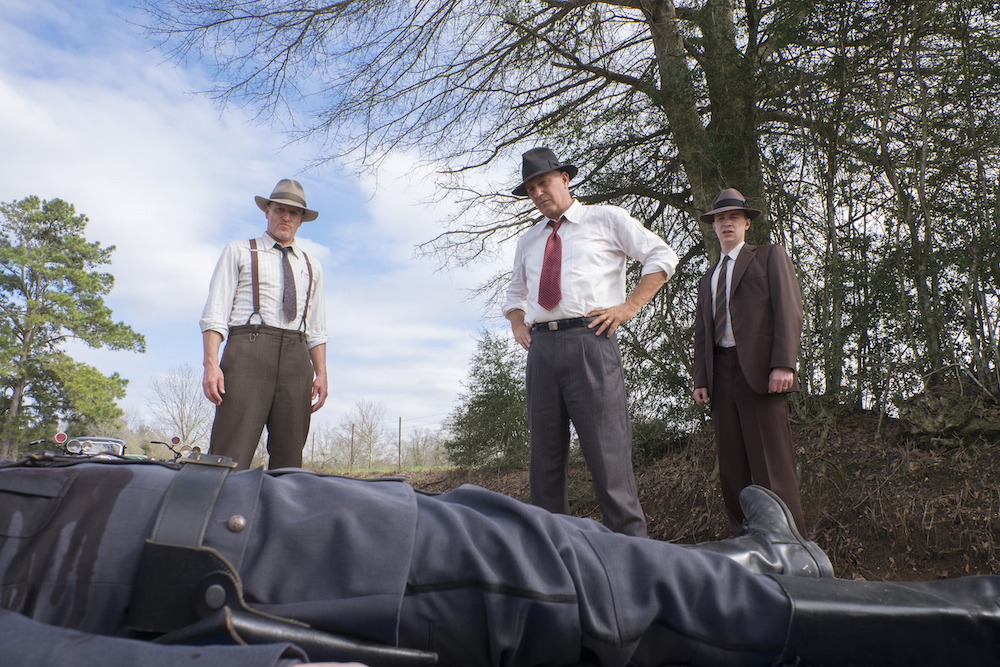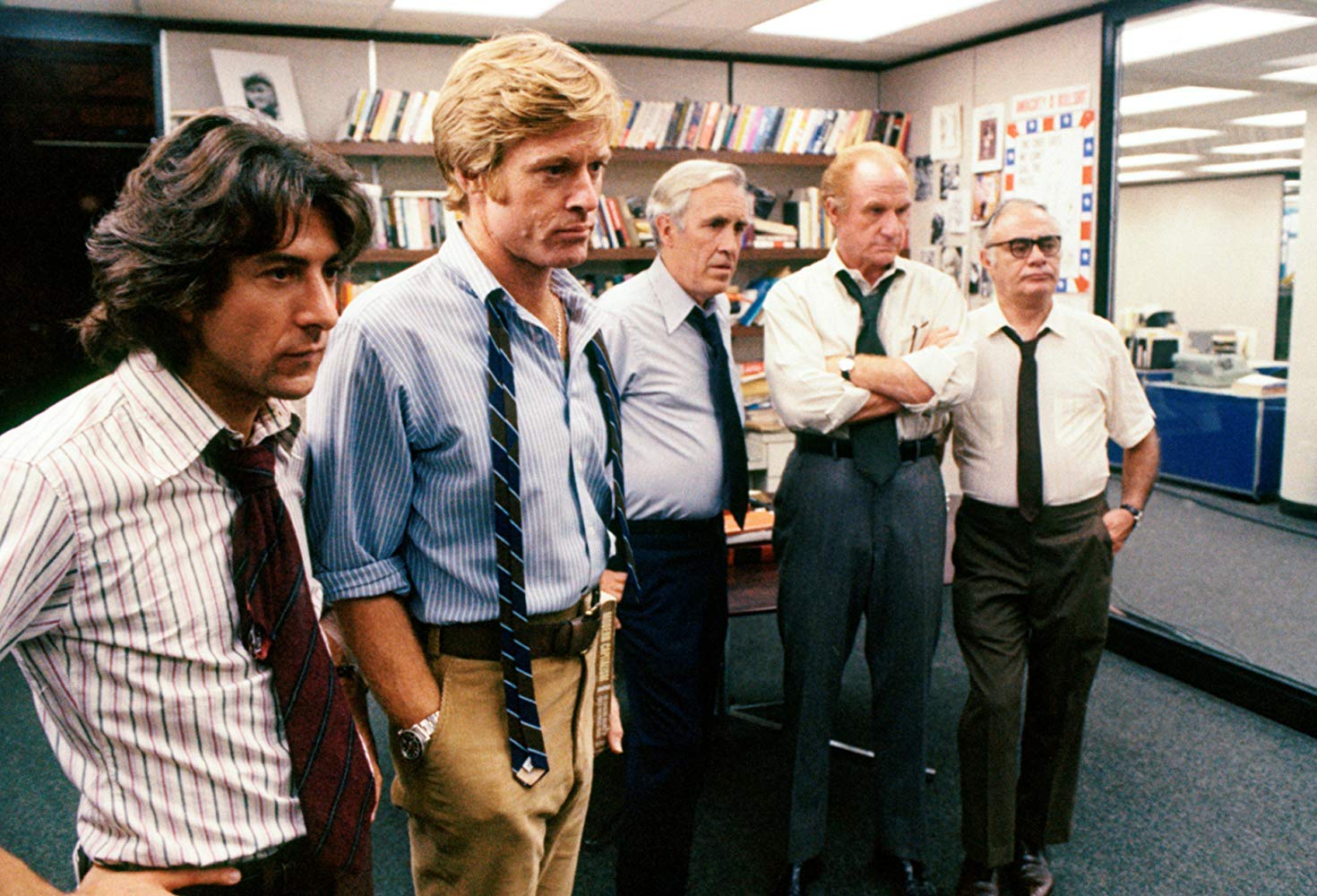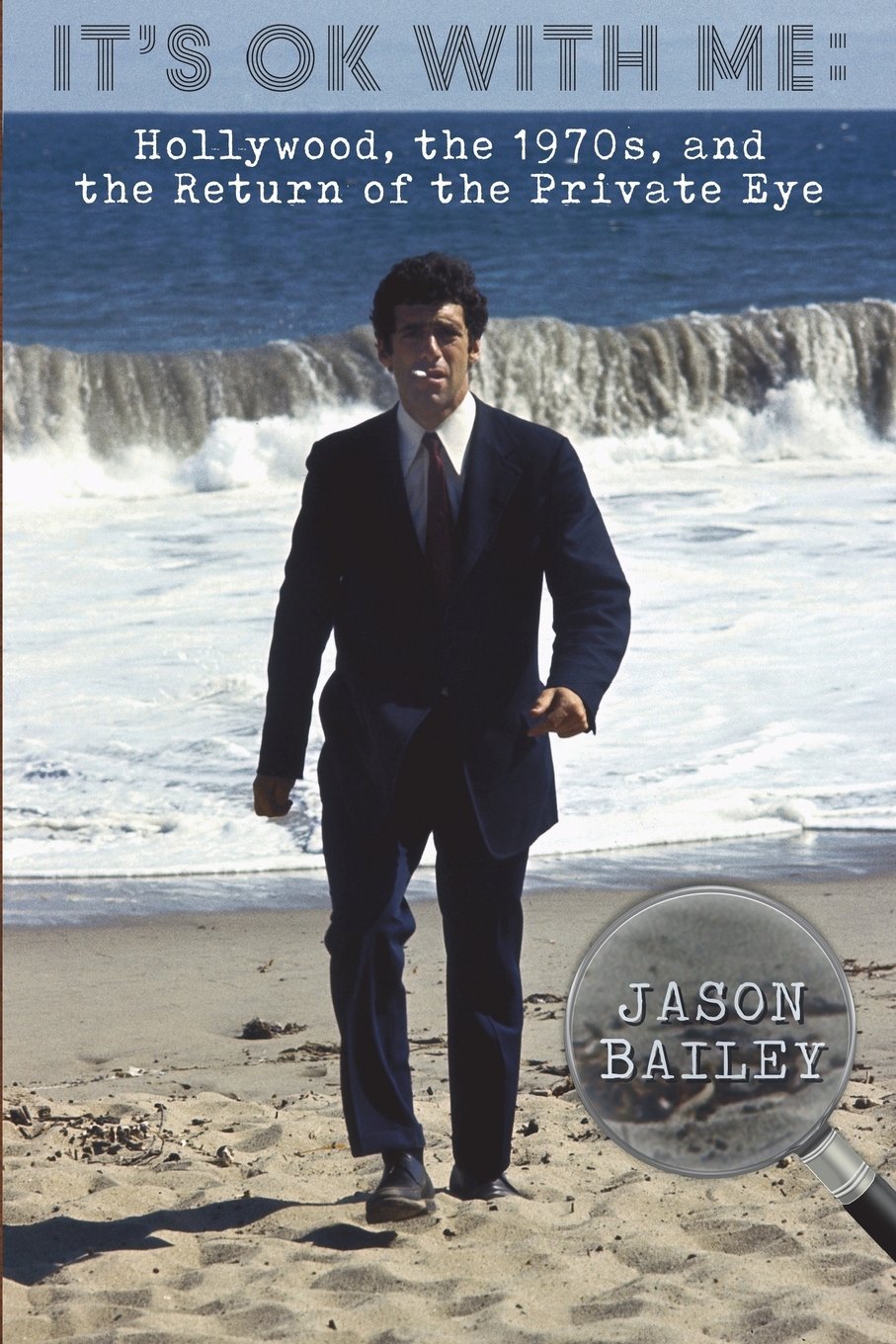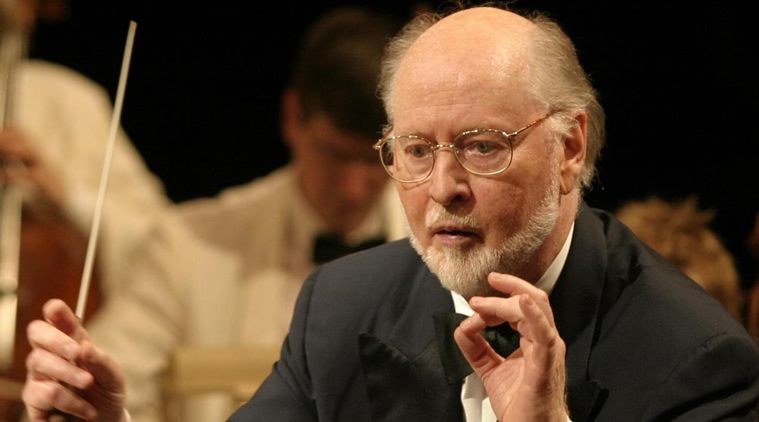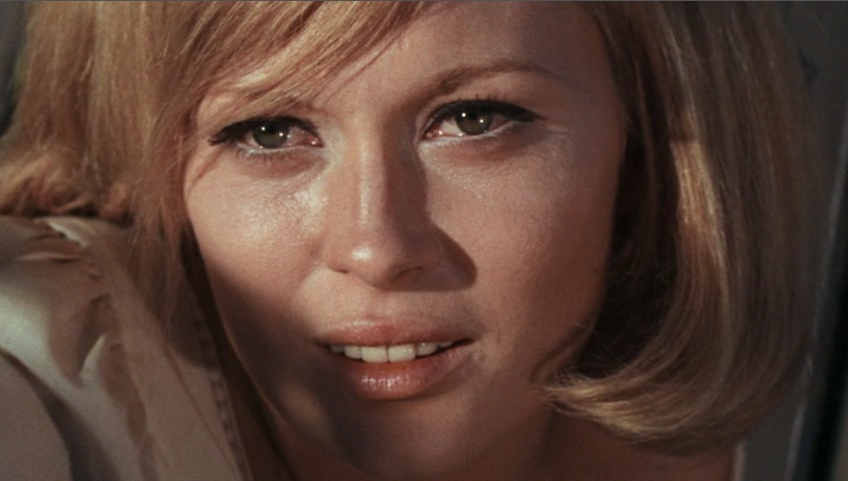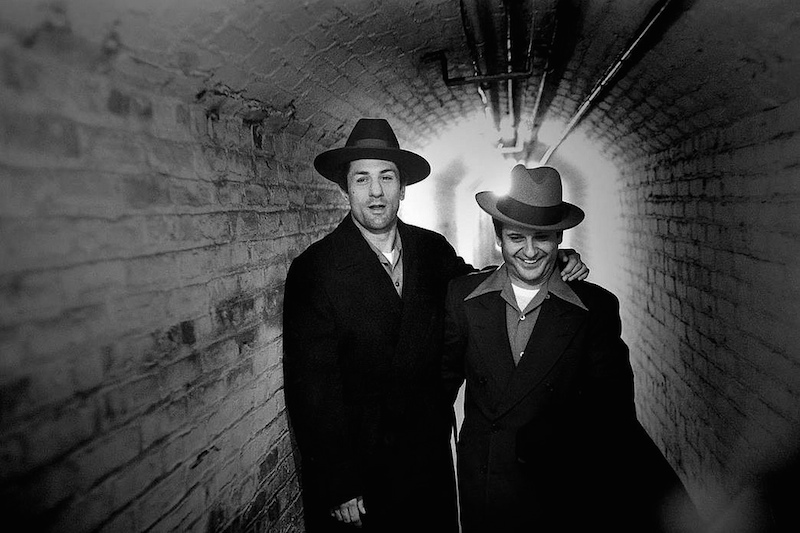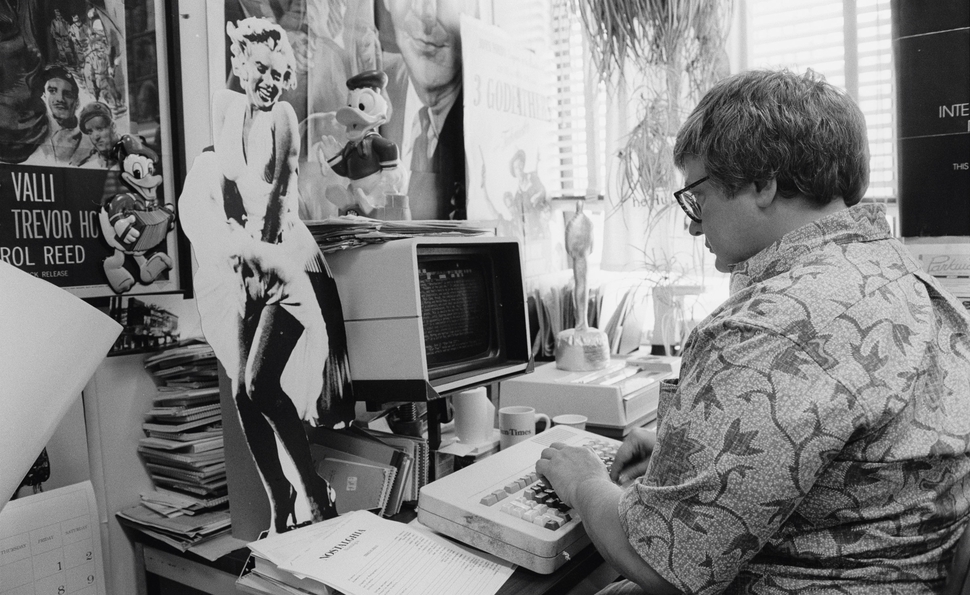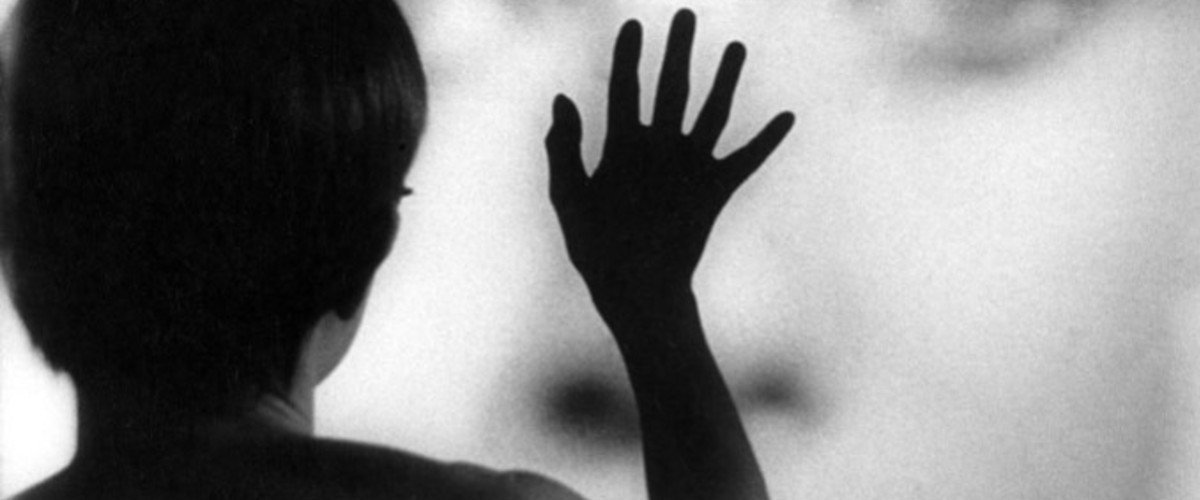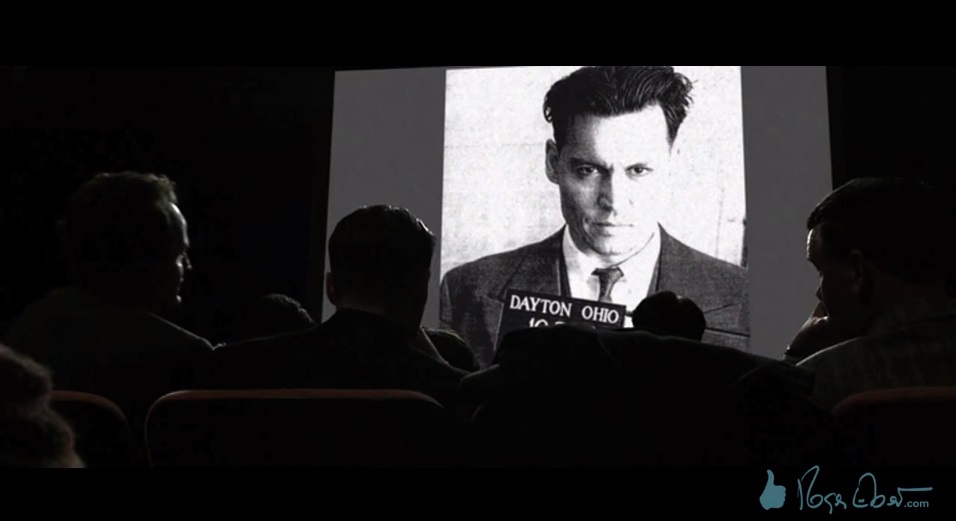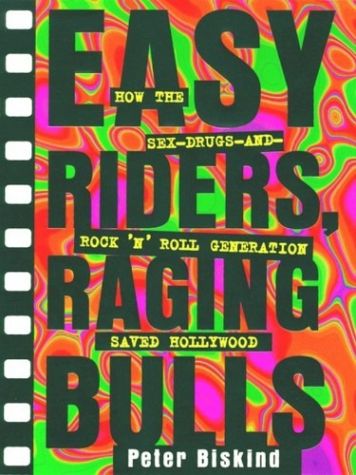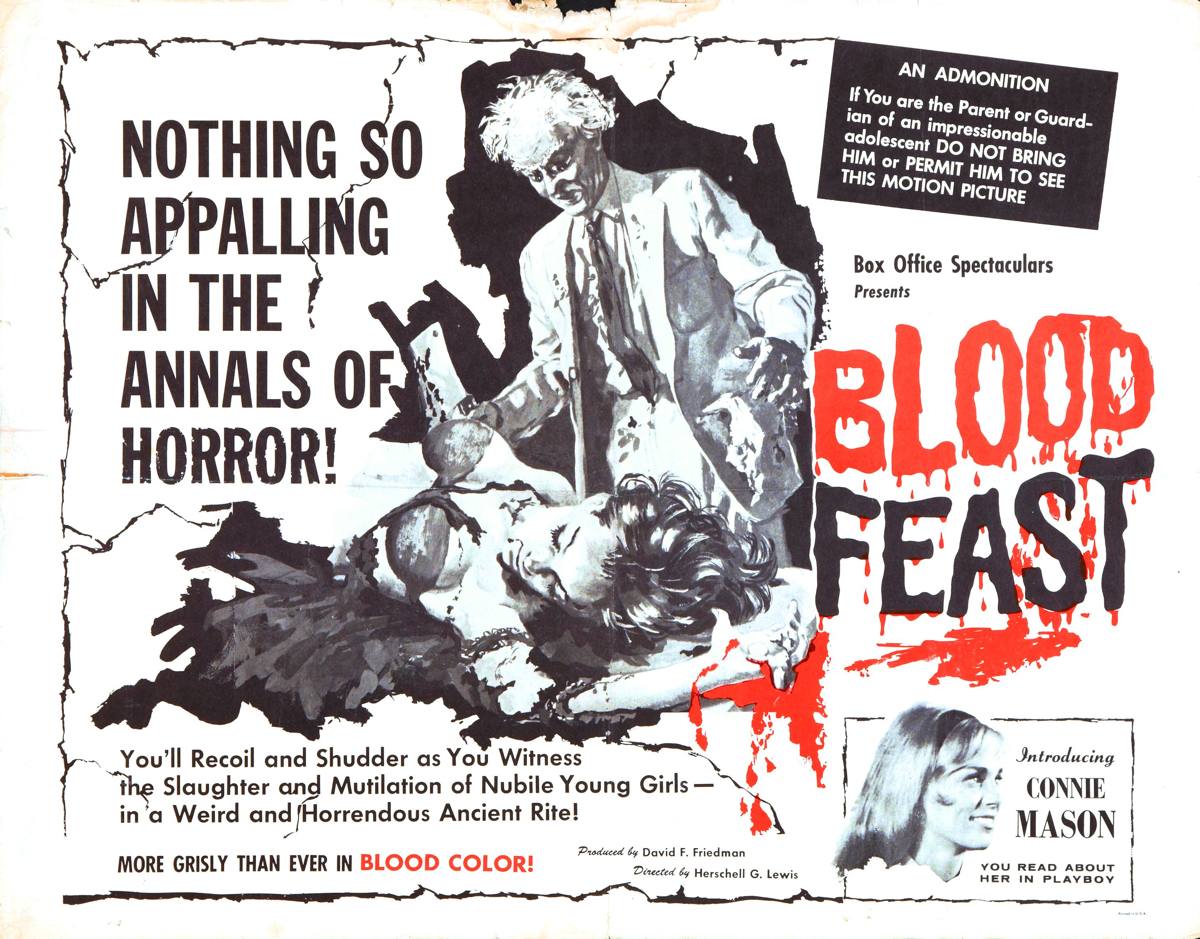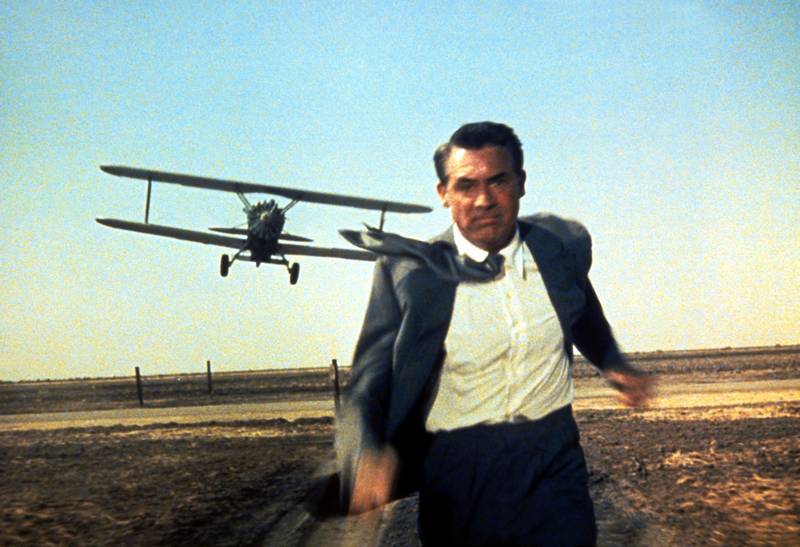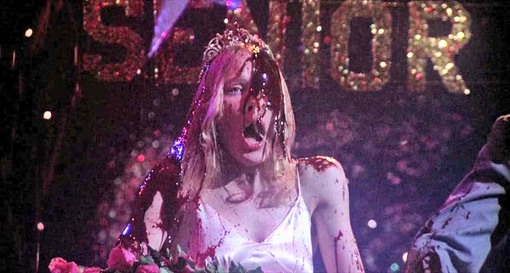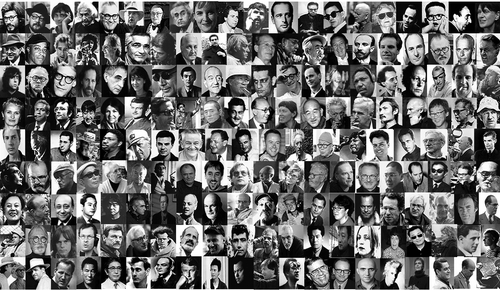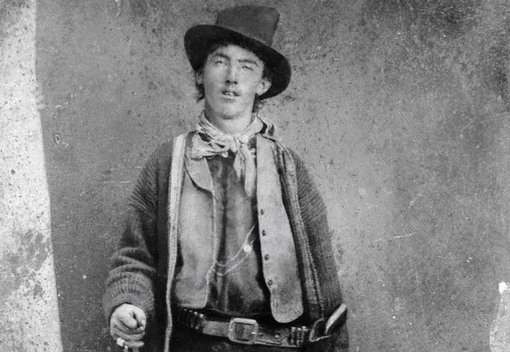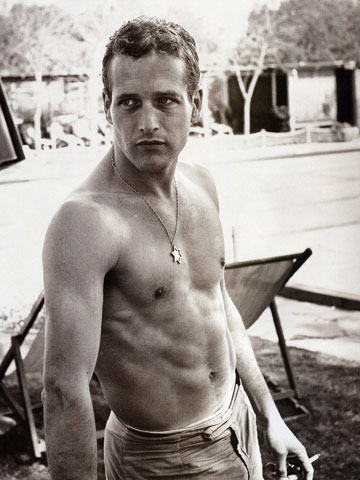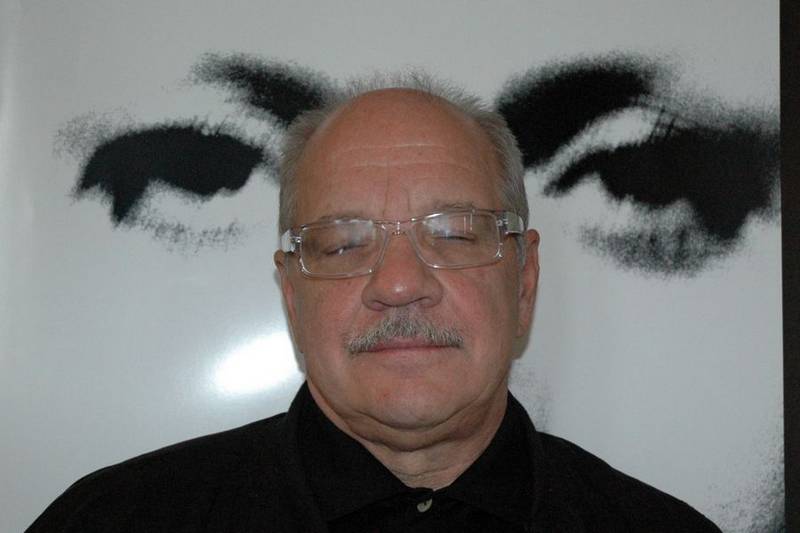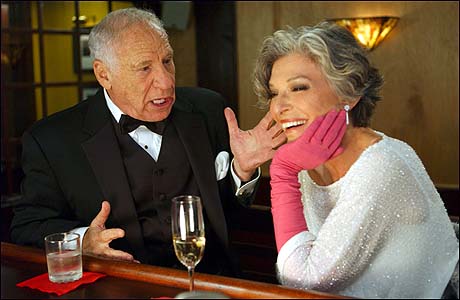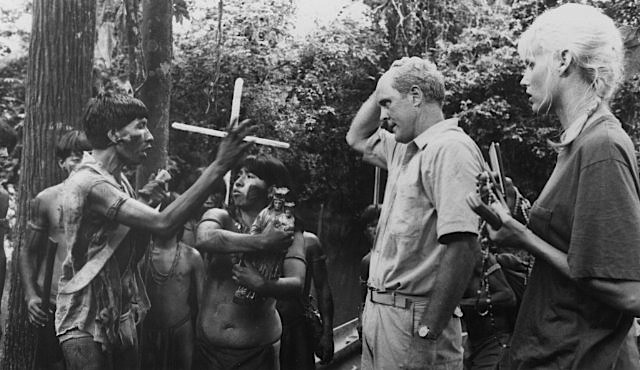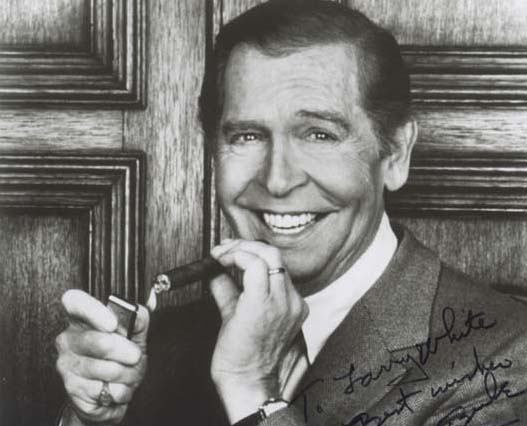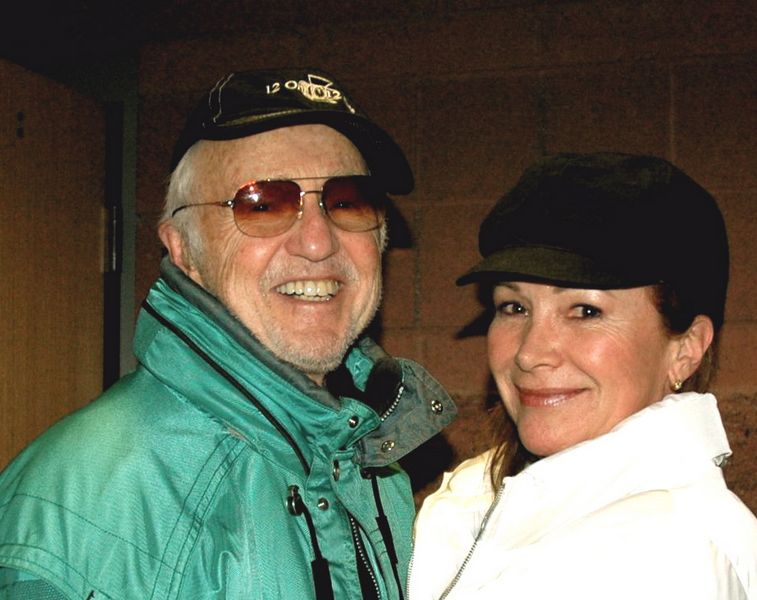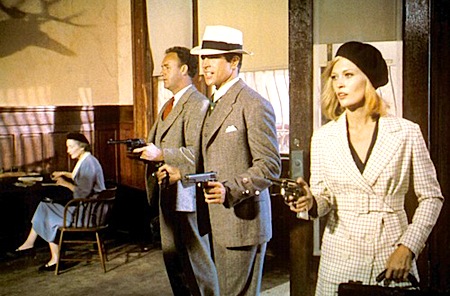Arthur Penn Movie Reviews
Blog Posts That Mention Arthur Penn
In memory: Arthur Penn, master director
Roger Ebert
Interview: Arthur Penn and Steve Tesich
Roger Ebert
How Bunty Aur Babli Updated the Legend of Bonnie and Clyde
Nandini Balial
It’s About Us: The Legacy of “Bonnie and Clyde”
The Editors
“I saw a Rohmer film once…”: The truth behind the Night Moves meme
Jim Emerson
What to Watch on Netflix: April 2025
Brian Tallerico
March 2025 Blu-Ray Guide: “Babygirl,” “Sing Sing,” “Den of Thieves 2,” “Moana 2”
Brian Tallerico
I Think Of Them As The Work: Gene Hackman (1930-2025)
Scout Tafoya
Home Entertainment Guide: November 2024
Brian Tallerico
Seven Samurai Continues Its Ride Through Cinema’s Past and Future
Brendan Hodges
I Need Your Magic: M. Emmett Walsh (1935-2024)
Scout Tafoya
William Hurt: 1950-2022
Scout Tafoya
Women Film Editors: Shedding the Cloak of Invisibility
Beth Accomando
The Connection to Old Hollywood: Peter Bogdanovich (1939-2022)
Scout Tafoya
What to Watch for Indigenous Peoples’ Day
Jana Monji
John Lee Hancock and John Fusco on The Highwaymen, Telling a Different Bonnie & Clyde Story and More
Nell Minow
The Best Current Source for Streaming Classic Movies is … Amazon Prime?
Sean Axmaker
Book Excerpt: It’s Okay With Me: Hollywood, The 1970s, and the Return of the Private Eye by Jason Bailey
The Editors
A Composer For All Seasons: On the Range of John Williams
Charlie Brigden
Blu-ray Review: Criterion’s “100 Years of Olympic Films: 1912-2012”
Peter Sobczynski
Harry Dean Stanton: 1926-2017
Sheila O'Malley
Molly Haskell on feminism, censorship, screwball comedy, and life after Andrew Sarris
Matt Zoller Seitz
Roger’s Favorites: Faye Dunaway
The Editors
Roger’s Top Ten Lists: An Introduction
Chaz Ebert
Tony Fitzpatrick Publishes “Dime Stories” Book
Chaz Ebert
A Celebration of His Work: 13 of Roger Ebert’s Most Essential Reviews
Matt Zoller Seitz
Beyond Narrative: The Future of the Feature Film
Roger Ebert
The Unloved, Part 13: Public Enemies
Scout Tafoya
Interview: Peter Biskind Revisits “Easy Riders, Raging Bulls”
Susan Wloszczyna
The New “Bonnie & Clyde” Turns Mythology into Melodrama
Brian Tallerico
Happy birthday, “Blood Feast”: digging into the guts of the very first “splatter” film
Simon Abrams
10 Years in the Dark
Roger Ebert
The Best 10 Movies of 1967
Roger Ebert
101 102 Movies You Must See Before…
Jim Emerson
LA & NY crix love The Social Network and Carlos
Jim Emerson
The great movies (almost) nobody voted for
Jim Emerson
The best greatest movies ever list
Jim Emerson
Name That Director!
Jim Emerson
Action: Steven Spielberg & the need for speed
Jim Emerson
“They’re young, they’re in love, and they kill people”
Wael Khairy
Billy the Kid, orphan outlaw
Jana Monji
Sidney Lumet: In Memory
Roger Ebert
Eric Rohmer: In Memory
Roger Ebert
Paul Newman: In memory
Roger Ebert
Schrader: Indies are scavenger dogs, scouring the planet for scraps
Roger Ebert
Here’s to Anne Bancroft (1931-2005)
Roger Ebert
John Frankenheimer: A master craftsman
Roger Ebert
‘Uncle Miltie’ was definition of comedy
Roger Ebert
At Play in the Fields of the Zaentz
Roger Ebert
David Lean, a filmmaker of epic scale
Roger Ebert
Melanie Griffith puts heart into `Stormy Monday’
Roger Ebert
Lessons in comedy from Milton Berle & Lou Jacobi
Roger Ebert
Interview with Peter Hyams
Roger Ebert
Haskell Wexler: “See, nothing is ‘real.'”
Roger Ebert
Interview with Michael J. Pollard
Roger Ebert
Interview with Norman Jewison
Roger Ebert
Interview with Warren Beatty
Roger Ebert
David Newman & Jack Valenti on campus
Roger Ebert
Popular Reviews

The best movie reviews, in your inbox



